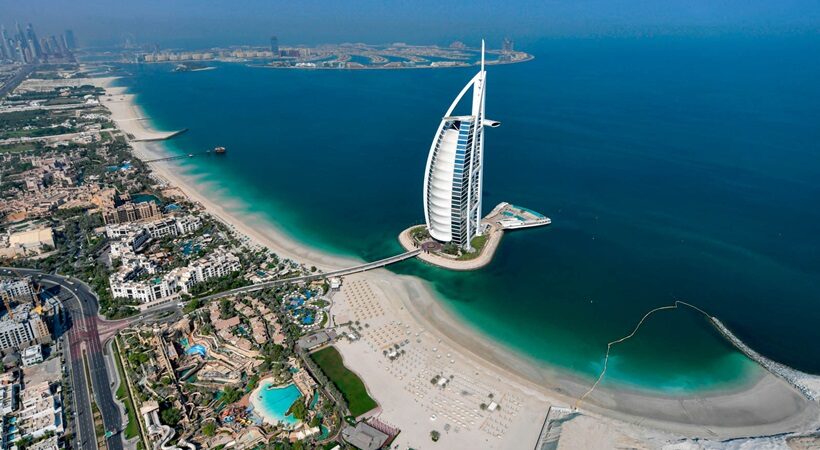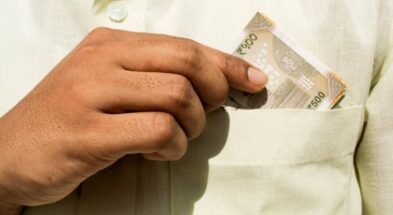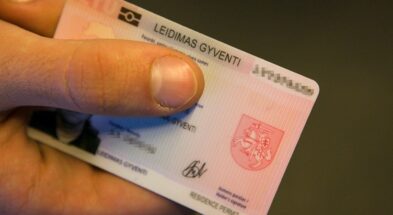Earlier, foreign nationals were wary of purchasing properties in the UAE as there were no laws stipulating foreign ownership of Dubai property. This prompted expats to look for second homes or real estate investments in other places.
In the year 2001, the Dubai government made modifications in rules that allowed all nationalities to have a 99-year lease of property in Dubai in certain areas. Later in 2002, the government brought more changes in the law issuing a decree allowing non-GCC nationals with freehold ownership. With this, they were allowed to buy, sell and lease or rent property in Dubai in designated freehold zones spread across the city.
In 2002 the Government of Dubai passed laws that allowed foreigners to own property in Dubai. This saw high demand for properties from several resident expats.
Dubai’s real estate market has also significantly attracted the attention of overseas investors who prefer investments for high returns and high-income properties. These properties can be found in premium locations, such as Dubai Marina, Jumeirah Lake Towers and various other popular locations, including Burj Khalifa.
Individuals who want to invest in an apartment property or buy a luxury house in Dubai should seek the best locations for future investment in real estate. Some of the prime locations in the city as mentioned, that attract expats, have a particular set of facilities associated with them that provides opportunities for a high-quality lifestyle.
Every expat wonders if he can buy a property in Dubai or not. The answer is a clear yes. But it is important to understand that buying property in Dubai by a foreigner on a freehold basis is allowed only in designated zones as outlined by the government. Freehold property is an area that is free from the hold of any entity besides the owner.
Article 3 of Regulation No. 3 of 2006 Determining Areas for Ownership by Non-Nationals of Real Property in the Emirate of Dubai, indicates the land plots designated as freehold properties. The title deeds are issued by the Land Department in the emirate. There is no age limit to owning property in Dubai.
Property ownership in Dubai by foreigners is allowed in designated zones, also commonly known as freehold areas in Dubai. However, investors will find that these freehold areas are some of the most sought-after neighbourhoods in the emirate.
Foreign nationals investing in Dubai’s real estate sector will find a wide range of property types, including apartments, duplexes, lofts, hotel apartments, villas and townhouses. Other than these foreign investors can also purchase commercial property in Dubai. These include offices for sale in Dubai as well as shops and showrooms in designated freehold areas.
This move was aimed at attracting more people to invest in the real estate of Dubai. As it was made easy to obtain permission and there was no hindrance in terms of legality. There are two types of real estate ownership for expats when it comes to buying property in Dubai. These include Freehold property ownership and Leasehold property ownership.
Freehold Property and Leasehold Property:
Freehold property, as the name suggests, allows buyers to hold complete ownership of the property in Dubai. Herein they hold the absolute ownership of their property in Dubai. This includes the structure and land. Moreover, the buyer holds complete freedom to upgrade and alter the property apart from having the right to sell as well as lease it later on.
On the other hand, a Leasehold property is the type of property wherein one can lease the property from a freeholder for 99 years. In simple words, one can acquire the right to occupy the property and live in the country for a definite period of time as mentioned in the contract. Here the leaser doesn’t own the property but at the end of the contract period, the ownership reverts to the owner.
Dubai’s property market is open to non-resident investors as well, meaning that a residence visa is not necessary while buying property. However, they are required to hold a valid passport while purchasing property in Dubai to confirm their identity.
Foreigners buying property in Dubai can also get a mortgage from banks operating in the UAE. However, their options will be restricted than that of expat residents and UAE Nationals. The eligibility criteria for non-resident mortgages in Dubai will vary between banks and can include factors such as the country of residence, monthly income and more. Some of the documents that are needed to obtain a Dubai mortgage for non-residents will include bank statements and proof of work status.
Real Estate Regulatory Agency (RERA) is a commonly heard phenomenon in the realm of Dubai real estate. Launched by H.H Sheikh Mohammed Bin Rashid Al Maktoum, the Ruler of Dubai and Vice President and Prime Minister of the UAE, RERA is a regulatory arm of the Dubai Land Department (DLD). It offers a transparent and effective legal framework to everyone connected to the real estate sector of Dubai. The agency works in the realty area to develop an online society for tenants, buyers, property developers and real estate investors.
RERA is responsible for:
- Licencing real estate activities and agents in Dubai
- Regulating trust accounts of real estate developers
- Registering and regulating lease agreements
- Supervising the associations of owners managing various buildings in the emirate
- Publishing studies for the property sector
- Supervising property advertisements in the mass media
- Licencing real estate exhibitions to foster national participation in the emirate’s realty sector.
- Informing people of regulatory acts pertaining to buying or renting real estate.
Buying a property in Dubai is not a difficult task anymore. With rules made less stringent and modified laws, it is a viable option for future investment. This has made it easy for expats and foreigners to buy property in Dubai either as a freehold owner or lease it for a definite period of time.



















